
Here is a great list of action steps that can help you serve as an effective elder caregiver. This is posted on Gary Barg's Caregiver site. He is a fierce advocate for elder caregivers.
1.
Keep records of all medications and reactions: make notes about what works, what doesn’t and when you informed the physician of any problems.
2.
Keep records of all doctor appointments: the reason for the visit, the doctor’s responses to our concerns, any procedures performed, etc.
3.
Start or continue to maintain copies of medical records for your loved one, and for yourself, as well. These will be beneficial should a grievance arise or if there are questions about medical histories.
4.
Plan for the unexpected: discuss plans and wishes of everyone involved in the caregiving family. Talk about final resting places and what arrangements your family will want.
5.
Have an Advance Directive filled out and given to the primary physician and all relatives who may need the form.
6.
Have a Last Will and Testament completed or updated: without a signed Will, the courts will decide how to distribute the possessions of your loved ones.
7.
Keep a record of where all-important documents are kept. When an emergency or tragedy occurs, locating information should not be where we spend our thoughts and energies.
8.
Record all monetary involvements: investments, resources creditors, debtors, business transactions, etc.
9.
Have an insurance analysis done: is your home, life and health insurance still appropriate for your family’s needs? What about the insurance policies for your loved ones? Do you all have enough coverage to take care of any eventuality? Do you have provisions for long-term care? For respite care? Is your house adequately covered given the state of the weather patterns?
10.
Clean out the medicine chest. Look for expiration dates on all medicine, and check with your doctor about previous medications which will either be harmful with current prescriptions or which are no longer effective for you or your loved one. Not only will you save space, you might also save a life.


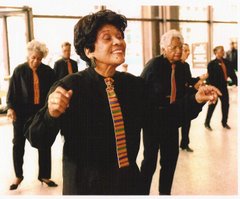
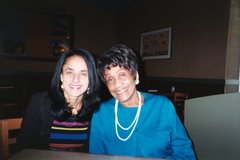

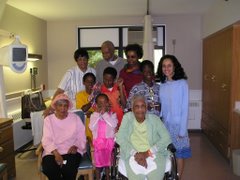

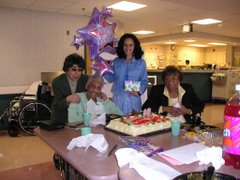
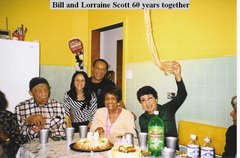


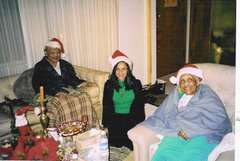
.jpg)